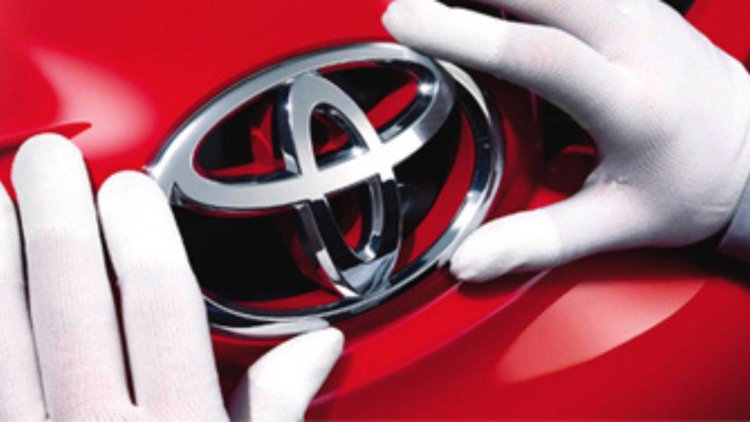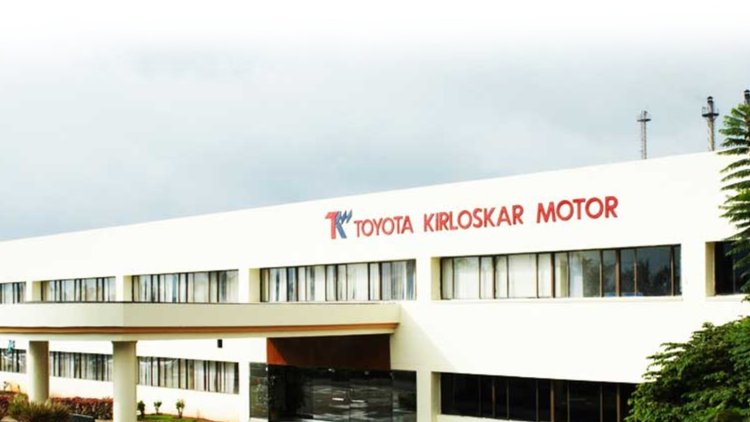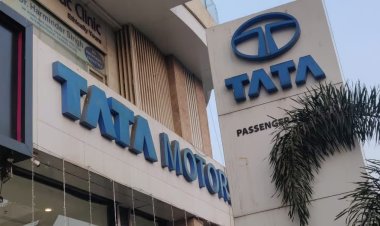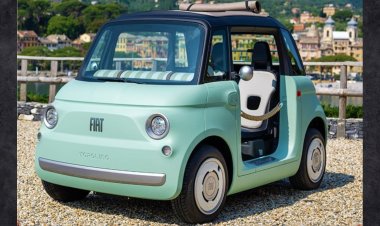Toyota Kirloskar to introduce eco-friendly models at affordable prices
Get ready for eco-friendly driving at affordable prices as Toyota Kirloskar announces plans to introduce clean technology models such as hybrids, flex-fuel vehicles, and hydrogen cars. With a focus on rapid localization and sourcing components locally, Toyota is committed to leaving no one behind in its mission to reduce reliance on fossil fuels.

In order to lessen its reliance on fossil fuel-powered vehicles, Toyota Kirloskar Motor (TKM) plans to roll out more clean technology models, such as hybrids, flex-fuel vehicles, and hydrogen, at competitive price points over the next three to five years. According to the company's top executives, rapid localization will be essential to the plan, including sourcing components and raw materials made locally.
Read more: MG Comet EV Unveiled: Specs, Range, and Competitors
Toyota is currently testing the flex fuel Corolla Altis, which can run on an ethanol blend of up to 85%, after being encouraged by the success of the locally produced Hyryder and Innova Hycross hybrid SUVs last year. In addition, plug-in hybrid and hydrogen fuel cell vehicles are being tested.
It doesn't have to be a specific technology, according to Vikram Gulati, executive vice president, and country head of Toyota Kirloskar Motor, "the goal as we move towards green technologies is to leave no one behind."
The local arm of the Japanese automaker and Toyota Kirloskar Auto Parts (TKAP) invested Rs 4100 crore in the previous year to hasten the localization of green technologies. This investment was made to support India's electrified vehicle manufacturing by enabling local manufacturing facilities to produce electric powertrain parts and components.
Gulati claims that the efforts are now starting to pay off. 70% of the parts (by volume) and 55% of the value of the electric drivetrain that powers the Hyryder are sourced locally at the TKAP facility. According to Gulati, the plant can produce 135,000 e-drivetrains annually, with a third going to the domestic market and the rest being exported to a number of nations, including Japan. Gulati also stated that efforts are being made to localize even more and surpass the levels TKM achieved in the Innova.
The TKAP plant that produces the e-drive is the first to be operating outside of Japan in the Asia Pacific region. Both hybrid and plug-in hybrid vehicles can use the e-drive, which is also being exported back to Japan. The facility qualifies for incentives under the auto productivity-linked incentive scheme, claims Gulati.













